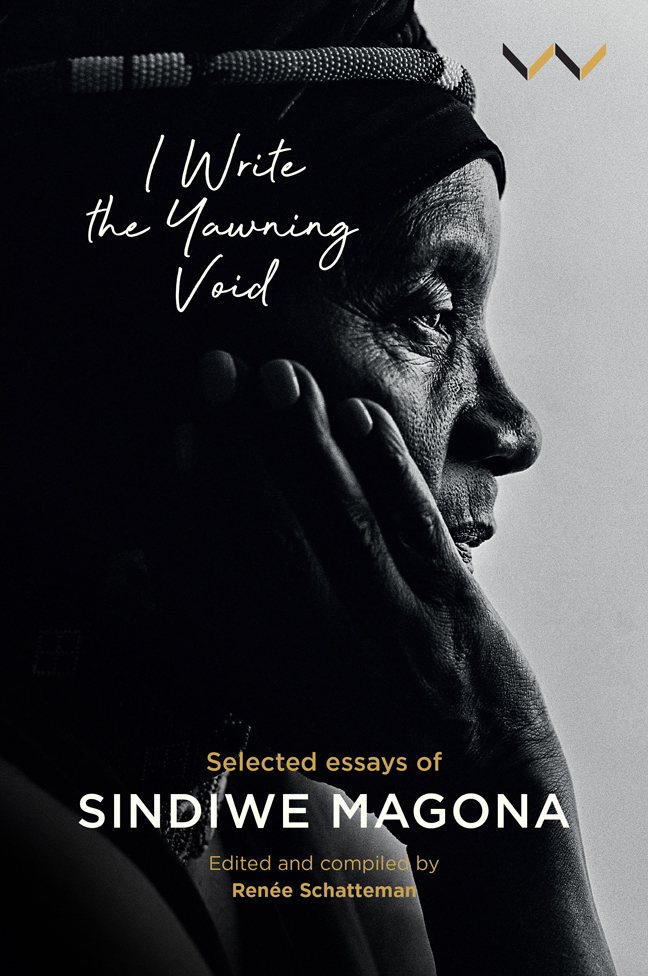Book contents
- Frontmatter
- Dedication
- Contents
- Acknowledgements and Permissions
- Foreword
- Introduction: Writing South Africa's Yawning Void
- Part I Coming into Writing
- Part II Writing about Pressing Issues
- Part III Writing about My Writing
- Conclusion: A Tribute to Those Who Came Before Me
- Notes
- Selected works
- Bibliography
- Index
14 - Why I Write Children's Stories
Published online by Cambridge University Press: 02 March 2024
- Frontmatter
- Dedication
- Contents
- Acknowledgements and Permissions
- Foreword
- Introduction: Writing South Africa's Yawning Void
- Part I Coming into Writing
- Part II Writing about Pressing Issues
- Part III Writing about My Writing
- Conclusion: A Tribute to Those Who Came Before Me
- Notes
- Selected works
- Bibliography
- Index
Summary
In this previously unpublished essay, Sindiwe Magona explains her motivations for writing children's literature (becoming one of the most prolific of such writers in Africa) and her understanding of the uniqueness of the genre. Her decision to write stories for young readers, the essay suggests, is linked to her deep conviction that South Africa's youth need to be protected and nurtured if they are to become responsible citizens of the country.
IT WOULD BE wonderful if every child had a carefree, fun-filled childhood. I know this, because I did. Day was a time for playing games, climbing trees, roaming hills and valleys, and hunting for edible roots and berries. And when sun went to her mother and our mothers called us home as the stars started popping out to twinkle and wink up in the sky, we ran home. Gleefully, we ran home to grandma – not mama. Mama called us in – called us home. But, in our hearts and minds, without any doubt, we knew she only called us to go to grandma, and that it was she to whom we were running. Grandma didn't have to invite us. We knew she was sitting there, the bright-burning fire before her, waiting for us. Yes, the fire and grandma waited for us as mama called us back home. So we ran back home and joined makhulu, making a semi-circle around the fire with its three-legged pot. Our mouths watering, the smell of whatever was cooking in that pot making us salivate, our eyes glued to the majestic figure huddled with back slightly bent, stout, strong, ready … then, as soon as we were settled, quiet, our ears pulled us to the words pouring out of makhulu's mouth:
‘Kwathi ke kaloku ngantsomi …’
At once, all thought of food flew from our minds as we wandered far away … seeing what makhulu painted in such vivid manner, her voice rising to the sky, chasing the moon, or falling so-so-so soft and faint, as a child hears the stalking beast … stealthy … slow … ever so slowly coming closer, getting ready to –
Today, I tell stories. Write stories. I doubt I would do so had I not had the childhood I’d enjoyed.
Information
- Type
- Chapter
- Information
- I Write the Yawning VoidSelected Essays of Sindiwe Magona, pp. 173 - 182Publisher: Wits University PressPrint publication year: 2023
